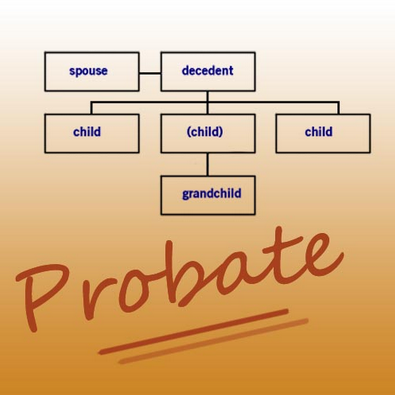Though much of my business comes from lenders and banks, I do a fair amount of valuation work for attorneys, CPA’s, trustees, executors, and estate planners. This often involves appraisals of real property related to setting up and administering Trusts, Estate planning, and settlement at the time of death or property tax assessments during the course of Probate.
Trusts and Working with Trustees
A trustee is usually an individual who acts as the administrator for property or assets for the benefit of a third party. A trustee can be chosen for various purposes and are entrusted to act in the best interest of the trust’s beneficiaries.
When a trust is set up, assets are put into a trust and sometimes those assets are real property (primary residence, rental properties, vacation homes, etc.). Before these assets are placed into the trust it is required that a value be established for the properties in order to establish the overall value of the trust. This situation is just one example in which a trustee would order an appraisal for all real property being placed into the trust. It is often a crucial step because various types of trusts have differing rules concerning disbursements from the trust based on the overall value of the trust. Without establishing value for the assets in the trust, the trustee could not calculate appropriate disbursements to the beneficiaries.
Because of the nature of trusts, appraisals may not be needed at the time of the original grantor’s death, but it may be prudent to get a valuation for the property at that time in order to establish current value to limit potential future capital gains if the beneficiaries are allowed (through the structure of the trust) to sell the property in the future. It is a complex situation and should be discussed in depth with a tax attorney, CPA, or both.
Estate Planning and Settlement
An estate planner is often an attorney who helps manage the asset base with an eye to the future in terms of minimizing tax liability and ensuring a distribution of assets to heirs at the time of death. Estate planning can be an ongoing process as additional assets are added to the estate or existing asses’ values fluctuate. If these assets are real property, the estate planner will often order a real estate appraisal to establish the value of the property, since it will be included in the overall value of the estate.
Additionally, at the time of death the executor of the estate may need to order a new real estate appraisal to establish current market value for all real property, for both tax and distribution purposes. Estate taxes can be a concern, so a CPA or tax professional should be consulted. It is likely that the executor will order an appraisal on all real property at the time of death, in order to establish the estate’s value and the subsequent distribution of funds.
Probate

Unfortunately, not everyone plans for their death and quite often property falls into probate even if a legal will has been executed. Probate can be defined as “…the general administering of a deceased person’s will or the estate of a deceased person without a will. The court appoints either an executor named in the will (or an administrator if there is no will) to administer the process of collecting the assets of the deceased person, paying any liabilities remaining on the person’s estate and finally distributing the assets of the estate to beneficiaries named in the will or determined as such by the executor.” (Investopedia)
The assigned executor will likely order an appraisal to establish the value of any real property assets. The valuation is going to be key in settling any current or past due property taxes and ensuring that the overall estate in under certain tax thresholds. State’s rules vary inheritance taxes.